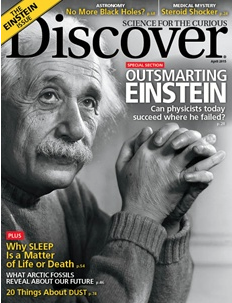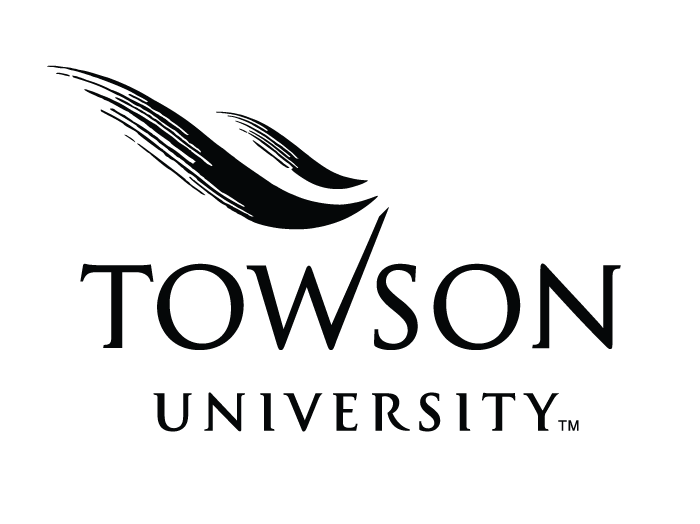 Albert Einstein had an IQ of 160, and his work has been the basis of modern-day physics. So what could anyone do to outsmart him?
Albert Einstein had an IQ of 160, and his work has been the basis of modern-day physics. So what could anyone do to outsmart him?
This year is the 100th anniversary of Einstein’s theory of General Relativity, the best theory about gravity today. But it isn’t compatible with “the standard model” of particle physics; physicists all over the world are testing the theory to figure out how to reconcile Einstein’s ideas about curved space and time with the rest of physics in hopes of coming up with the elusive unified theory of the universe.
Towson University professor James Overduin was quoted in the April edition of Discover magazine, in a special section entitled “Outsmarting Einstein.” The article in which Overduin is quoted focuses on researchers’ efforts to test the equivalence principle (EP), a central tenet of general relativity, as an avenue towards the unified theory. Overduin’s comments center on how moving the EP testing to space would not only make measurements more accurate but also give scientists more time to look for deviations.
He has received a grant from TU’s Faculty Development and Research Committee for this research during the calendar year 2015.
